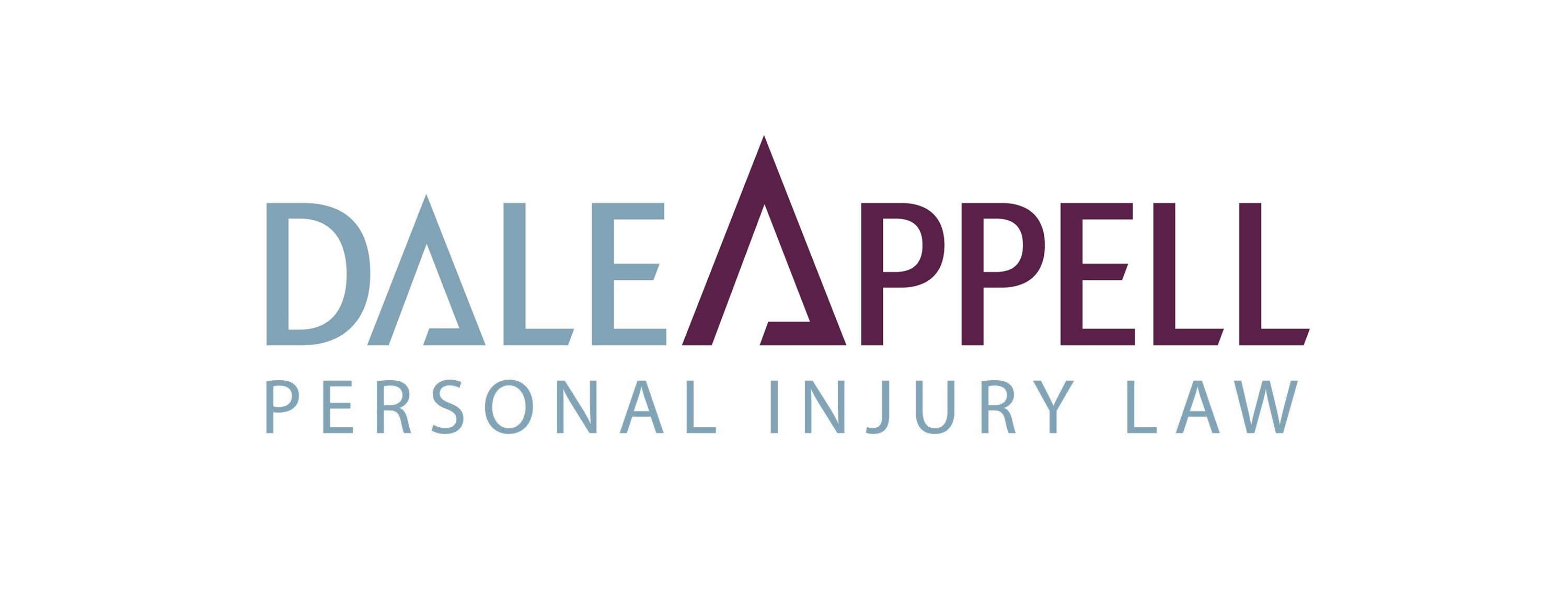
Oops! – I should not have said THAT to my insurance company
 The old saying of ‘think before you speak’ couldn’t be more true when speaking to your insurance company regarding a claim. Insurance companies are sensitive to certain words and depending on how they are used could affect your outcome.
The old saying of ‘think before you speak’ couldn’t be more true when speaking to your insurance company regarding a claim. Insurance companies are sensitive to certain words and depending on how they are used could affect your outcome.
Lying or misrepresenting the facts is simply fraud, which could result in your claim being delayed or potentially denied, but using the right words to accurately describe your problem is important. After reading this article, click here for a Fox 13 story on this topic {Eric Seidel interviews “experts” including yours truly}.
Here are the most common ‘incorrect words’ which could slow down or jeopardize your claim. From the insurance company’s perspective, these words can paint a picture of a claim that should be denied.
FLOOD
Homeowners often use the word, ‘flood’ inappropriately and it can trigger an alarm with insurers simply because flood damages are not covered under a standard home insurance policy. To an insurance company, ‘flood’ means water coming in from a nearby stream, lake, river or other body of water. Flood does not mean a foot of water in your home caused by faulty plumbing. The former ‘ flood’ won’t be covered and the later will be. This may seem like a minor distinction, but your insurer has a very narrow definition of ‘flood’.
It’s best to understand your policy and what it does and doesn’t cover for accurate reporting of your claim. Read your policy and/or call a lawyer, then call your insurance company.
EXPERIMENTAL
Avoid using terms such as ‘experimental’, ‘investigational’ or ‘clinical trial’ when you need medical treatment. Just because it isn’t common practice doesn’t mean these terms apply to it. Plus, health insurance companies typically refuse to cover treatment that falls into that category. They will cover treatments that are medically necessary and proven effective.
IN MY OPINION
Stick to the facts and don’t offer your opinion. For example, after a car accident, it is difficult for people to provide an accurate recall of the event for things such as the speed and flow of traffic. Keep to the facts and only if you’re sure you know what those facts are. If you don’t, zip your lip. Much better to say, “I don’t know” or “I don’t recall” than to venture a guess that can be held against you later.
“SORRY!”
Without sounding insensitive, try to avoid saying, “I’m sorry” because it can be interpreted as an admission of fault. In most car accident aftermaths, all the facts are not immediately known. Do not interpret or theorize about who’s at fault. Insurance companies will use all the leverage they can to avoid paying out on a claim so, again, stick to the facts and only those you know for sure. Lastly, don’t talk ‘on the record’ to the other party’s insurance company. You are under no obligation to engage in a recorded conversation with the other party’s insurance company after an accident. With your own insurance company, you’ll have to speak on the record, but consider having a lawyer on the phone with you during the conversation.
WHIPLASH
Both whiplash and whiplash-associated disorders represent a wide range of injuries to the neck caused by a sudden distortion of the neck. Insurance companies often associate the term with exaggerated or fraudulent claims, so lying “I have whiplash” could delay the payment process. Refer to your injuries in medical terms if you can, or wait until your doctor makes a diagnosis.
Think before you speak will avoid confusion and delays when processing your claim. And in general, the less you say, the better, when it comes to insurance claims. When you do speak, make sure what you say is accurate.

